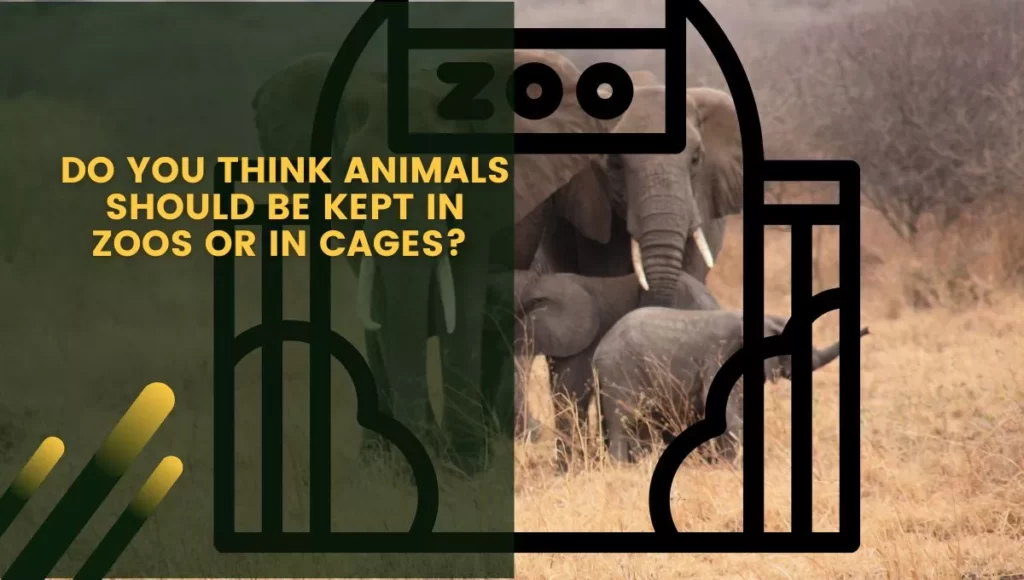There are differing views on whether it is appropriate to keep animals in zoos or cages.
Some people argue that zoos keep animals in captivity can play important roles in conservation, education, and research.
These facilities can provide a safe and controlled environment where animals can be protected from threats such as habitat loss, poaching, and other forms of human interference.
On the other hand, some people argue that keeping animals in captivity can be harmful to their well-being and that it is unethical to confine them to small spaces.
Animals in captivity may not have the same opportunities to engage in natural behaviors as they would in the wild, and they may experience stress and other negative impacts on their physical and mental health.
Ultimately, the decision of whether to keep animals in zoos or other facilities should be based on a careful consideration of the potential benefits and drawbacks, as well as on the ethical principles that underlie our relationships with other animals.
There are a few other points to consider when evaluating the appropriateness of keeping animals in zoos or other facilities:
The conditions in which animals are kept: It is important that zoos and other facilities provide animals with appropriate housing, nutrition, and medical care. This includes ensuring that the animals have enough space to move around and express natural behaviors, and that they are protected from extreme temperatures and other environmental stresses.
The goals of the facility: Some zoos and other facilities may have a primary focus on conservation, while others may prioritize education or research. It is important to consider whether the goals of the facility align with the needs and well-being of the animals.
The impact on the local community: In some cases, zoos and other facilities may have a positive impact on the local community by providing jobs and supporting conservation efforts. However, it is also important to consider whether the facility is having any negative impacts on the community, such as by displacing people or disrupting traditional land use patterns.
The alternatives: In some cases, it may be possible to achieve the same goals (such as conservation or education) through alternative means, such as through wildlife sanctuaries or online resources. It is important to consider whether these alternatives might be more appropriate in certain situations.
Overall, the decision of whether to keep animals in zoos or other facilities should be based on a careful evaluation of all of these factors, as well as on ethical considerations about the treatment of other animals.

